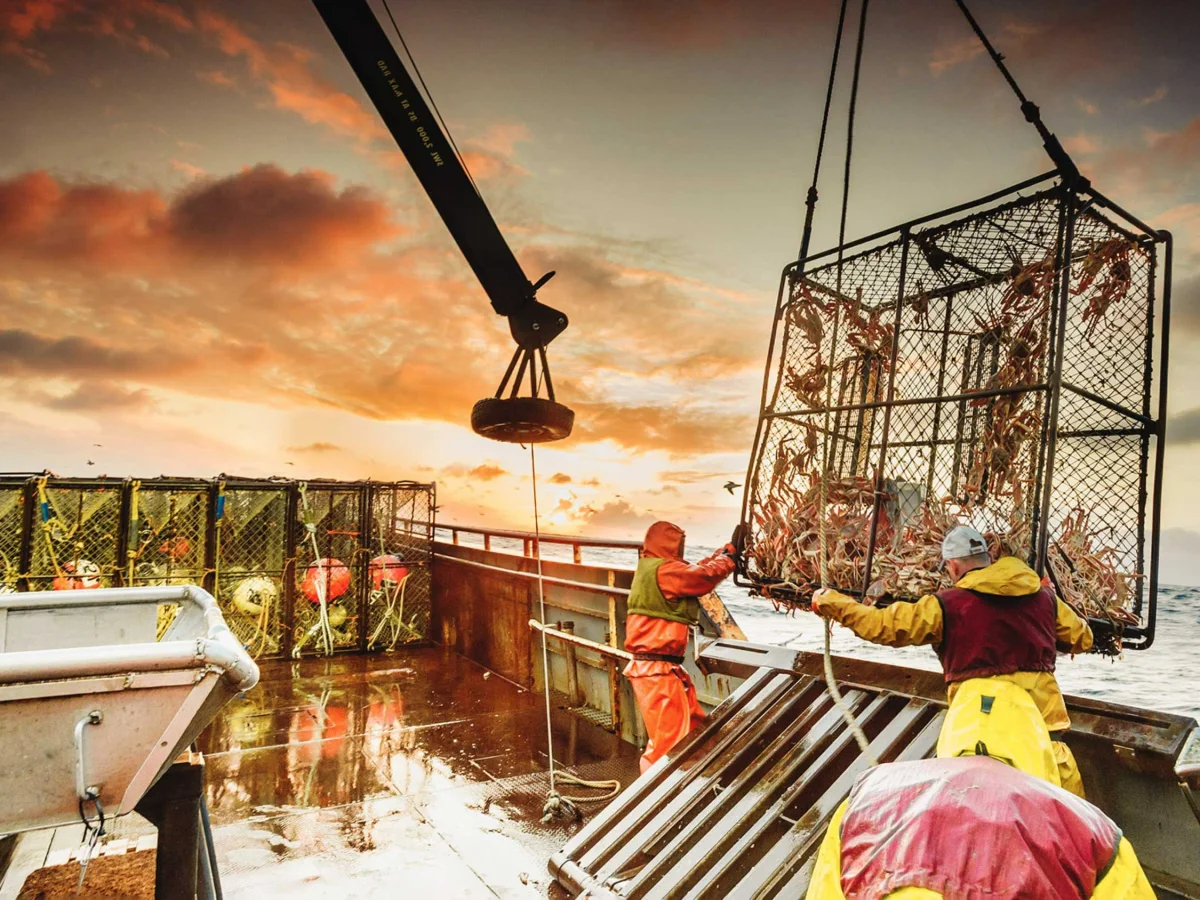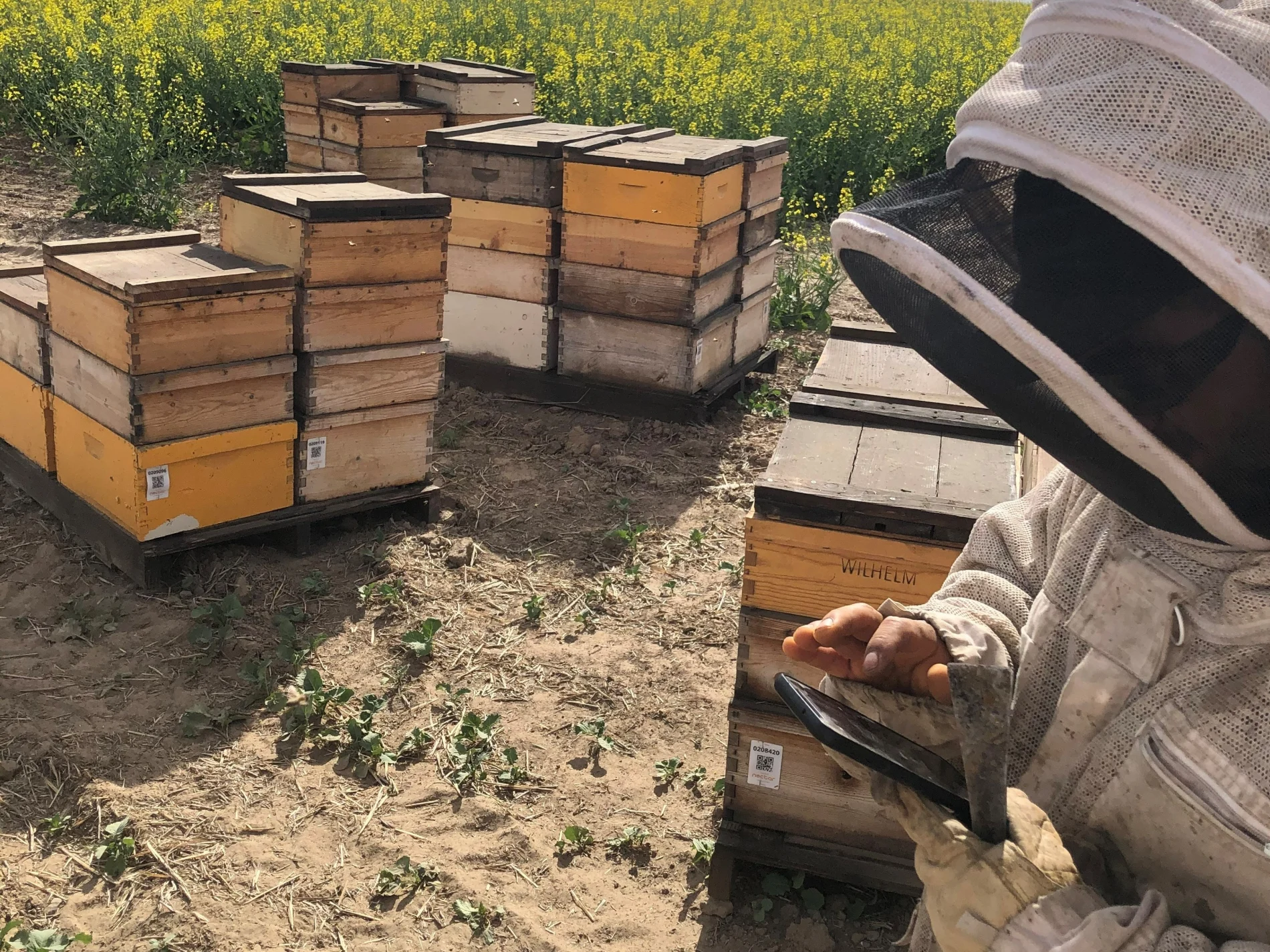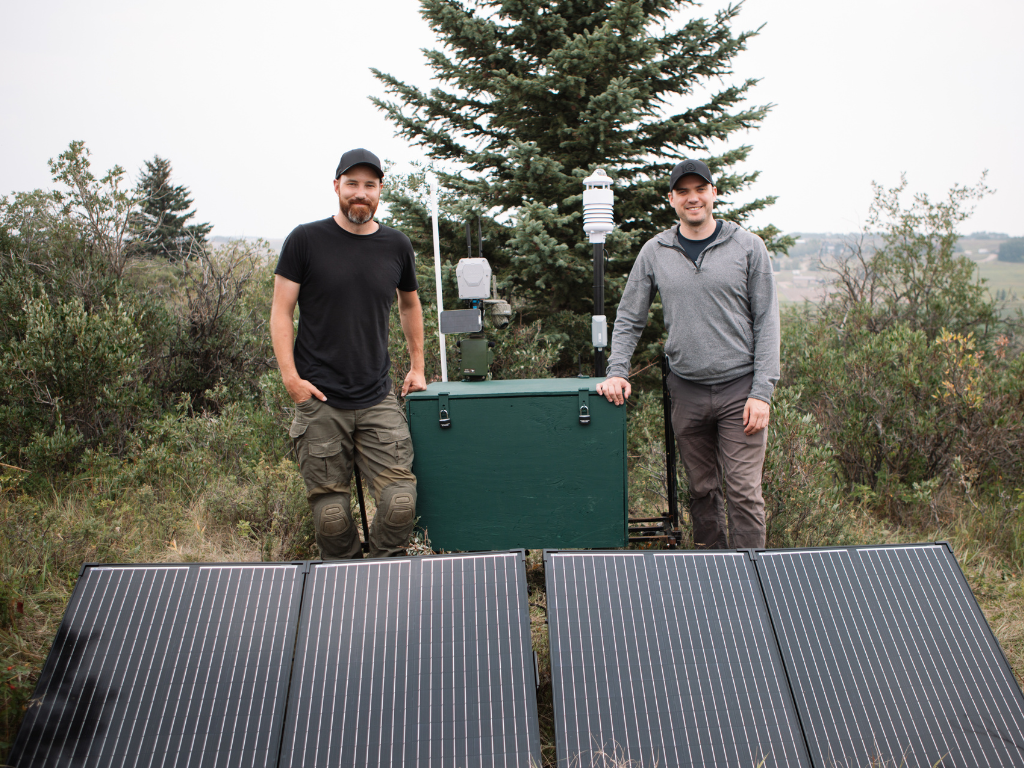
Environment
TELUS Pollinator Fund For Good helps innovative startups blossom
(Above) The TELUS Pollinator Fund has invested in Tidal Vision, a company that uses crushed crab shells and byproducts from sustainably managed fisheries to create eco-friendly chitosan chemistry solutions.
Ask Canadians about their most pressing concerns, and a few topics rise to the top of the list: caring for our planet, improved healthcare, responsible agriculture, and creating liveable, inclusive communities.
Oh, and it wouldn’t hurt to clean up the oceans and save the bees.
Now some forward-thinking corporations are listening – and putting money where it matters most by investing in innovative startups exploring exciting new ways to create a better, cleaner future.
That’s the thinking behind the TELUS Pollinator Fund For Good. At $100-million, it’s one of the largest corporate impact funds globally, and has already invested nearly $20-million in 10 responsible, sustainable small businesses in its first year. With 40 per cent of these for-profit startups led by women, and 50 per cent headed by Indigenous and racialized leaders, the Pollinator Fund connects companies to the skills, expertise and money needed to scale and grow, says Blair Miller, the fund’s managing partner.
“Our CEO, Darren Entwistle has instilled a belief that to do well as a company, you have to do good in the communities where we live, work and serve,” he says. “The TELUS Pollinator Fund For Good invests in companies and founders that are committed to driving innovation and solutions to make the world a better place.”
Ocean innovation wave
The fund invested in Tidal Vision, which is headquartered in Bellingham, Wash., and has another plant off the coast of South Carolina. The company buys crab shells and byproducts from sustainably managed fisheries and upcycles that material to create eco-friendly chitosan chemistry solutions. Goodbye synthetic, nonbiodegradable chemicals and hello to a natural product used in everything from textiles to water treatment.
Chief executive officer Craig Kasberg rhymes off some of the most recent company growth data.
“We’ve taken this technology from just beakers in a lab to producing upwards of 1,000 metric tonnes per month of liquid chitosan, and have over 84,000 square feet of production facility space on the west and east coasts,” he explains. “We’re growing very rapidly. Chitosan has huge potential.”
Strong digital policy is missing from Canada’s climate strategy, and presents an opportunity to lead on global climate action.
Tidal Vision’s work is a game changer right now, which is one of the reasons the company caught the fund’s attention.
“More than two billion litres of stormwater and wastewater are being treated with their products every month. For us, it’s attractive that Tidal Vision is making a real impact today – not 10 years down the road. We can see those numbers scaling now, which is so exciting,” says Miller.
For instance, car manufacturers in the U.S. are now using the product to treat their textile fibres found in cars rolling out of plants every day.
What’s more, not only does Tidal Vision help clean up the environment and reduce waste, it gives its sustainable fishery partners a new product to sell and an economic edge in a tough industry. The ability to do good continues to grow.
Kasberg says the TELUS Pollinator Fund investment gives the company the means to hire more employees – 60 by the end of the year, up from 35 now, plus the ability to buy new equipment, and increase their research and development budget. He predicts that with the assistance and networking connections TELUS provides, the agriculture industry will be a huge opportunity.
The company is in the middle of an exponential and rapid growth phase, he says. “The data around reducing problematic pesticides in agriculture with chitosan is very compelling.”
Bee the change you want to see
“Compelling” is a good way to describe another environmental tech company the Pollinator Fund supports. Nectar is a Montreal-based business that uses precision beekeeping technology to help beekeepers raise healthier honeybees. Its smartphone tracking tool, BeeTrack, follows and tracks hives throughout the growing season.
The tool can help a beekeeper discover if the hive’s location is poor or full of pesticides and the colony needs to be moved, or it needs disease treatment to survive.

(Above) The Pollinator Fund also invested in Nectar, a Montreal-based maker of a smartphone tracking tool called BeeTrack that helps beekeepers track hives throughout the growing season.
Marc-André Roberge, co-founder and CEO, fell for bees back in university as an industrial design student and eventually became a beekeeper himself.
“I thought, ‘Let’s find a way to get the bees to talk to us so we can better understand what’s going on inside the colonies. Let’s translate the language of bees,’” he says.
Keeping colonies healthy and thriving is vital. Today, a third of our crops depend on managed bee pollination, from almonds to blueberries to canola seed. About 40 per cent of American beehives have been dying each year, up from a historic average of 15 per cent. So when the TELUS Pollinator Fund showed interest in Nectar, he knew he had found a good match based on shared values.
“Probably the biggest one is believing that agriculture and the future have to be sustainable – and will be sustainable,” he says. “We’re very focused on pollinators, but I think it takes a village to tackle such a huge issue, and it’s something the Pollinator Fund understands very well.”
Today, Nectar is closing in on 150,000 hives and expects to track 300,000 soon, making it the market leader.
With success stories already blooming in its first year, Miller hopes that the TELUS Pollinator Fund will lead the way for other corporations interested in supporting sustainable technologies and making impact investments. He says he’s already seen what stepping up to become a leader in this area can do for innovation. When TELUS decided to invest in Nectar, other investors took notice.
For his part, Roberge hopes the fund is just the beginning of a larger conversation and a long-term relationship.
“It takes a lot of doors being opened and economy of scale to make systemic change. A small company like us can’t do it in a black box lab, right?” he says. “We need those doors opened, those connections made, and the capital to get there.”
Advertising feature produced by Globe Content Studio with TELUS. The Globe’s editorial department was not involved.

Help protect the environment
Better digital policies will support our collective journey to net-zero.


